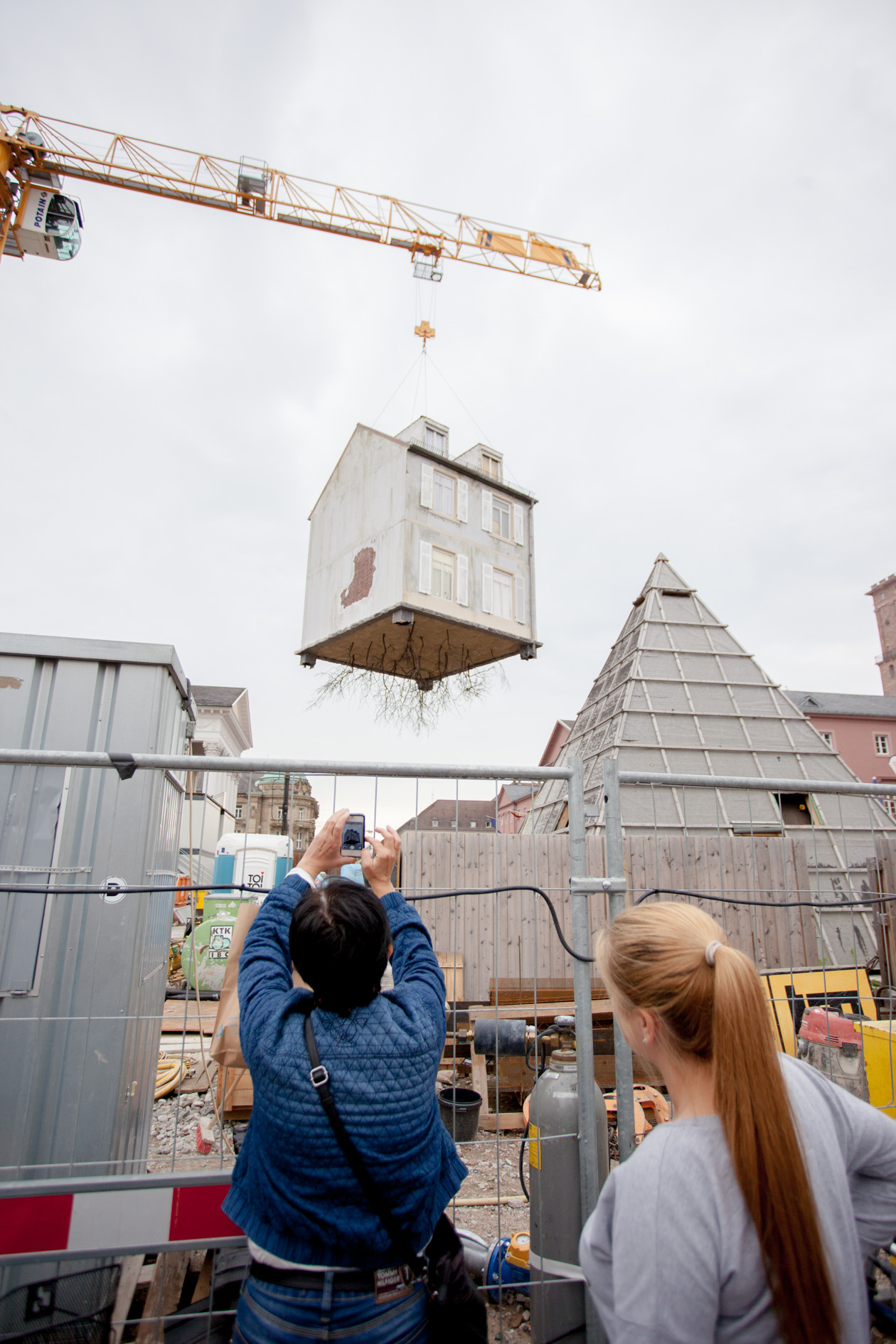- Event
- Guided Tour
Art on Friday
Fri, June 08, 2018 4:00 pm – 5:00 pm CEST
- Meeting Point
- ZKM_Infopoint
Let yourself be surprised and discover a current ZKM exhibition together with our art mediators. The tour will be given in German, feel free to contact us at the number indicated below for booking individual tours in different languages.
Information
Tel: +49 (0)721/8100-1990
Fax: +49 (0)721/8100–1999
E-Mail: fuehrungen@zkm.de
You can telephone us Monday to Tuesday, 01 pm – 06 pm as well as Wednesday to Friday , 09 am – 01 pm.
Organizing Organization / Institution
ZKM | Karlsruhe
Accompanying program
